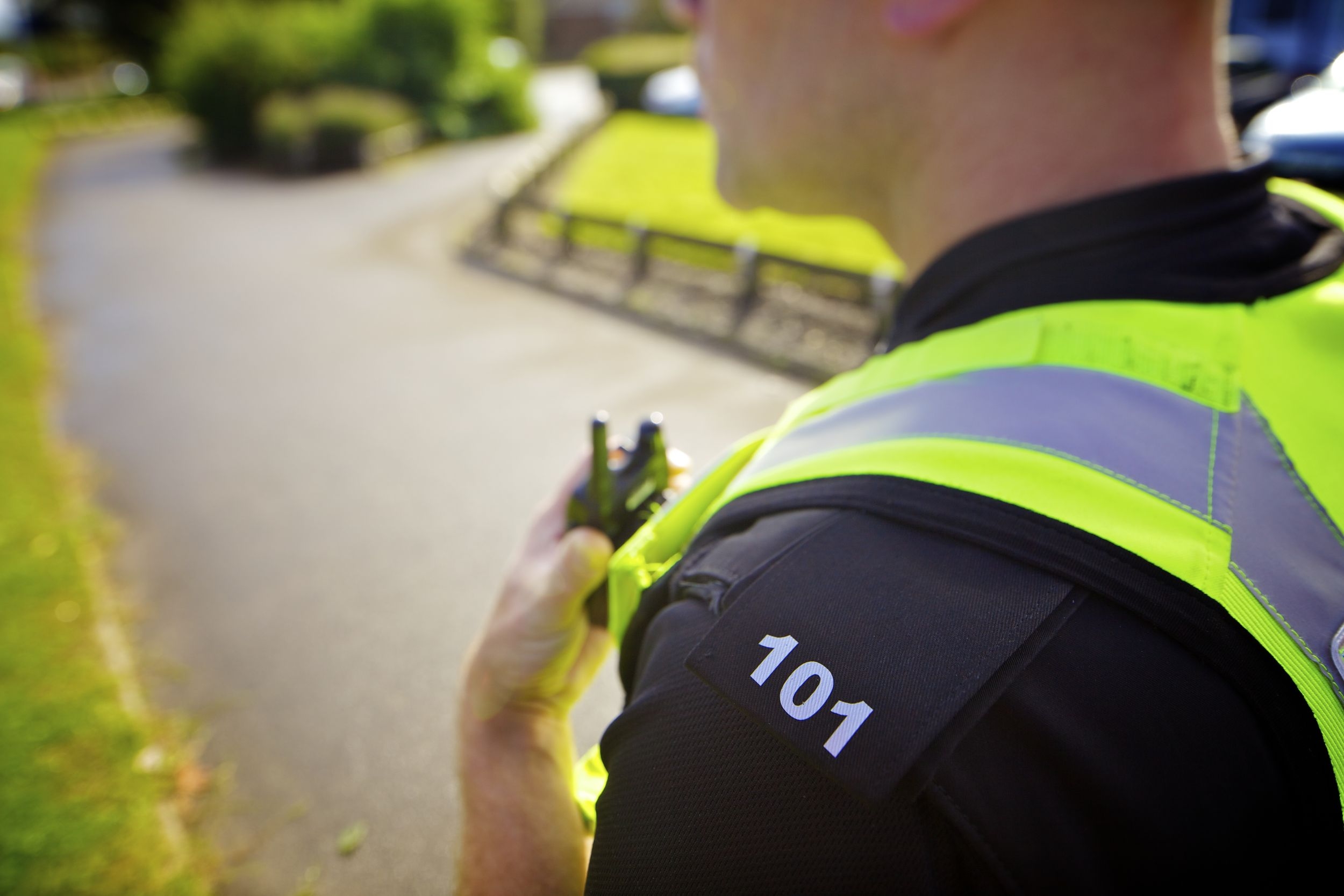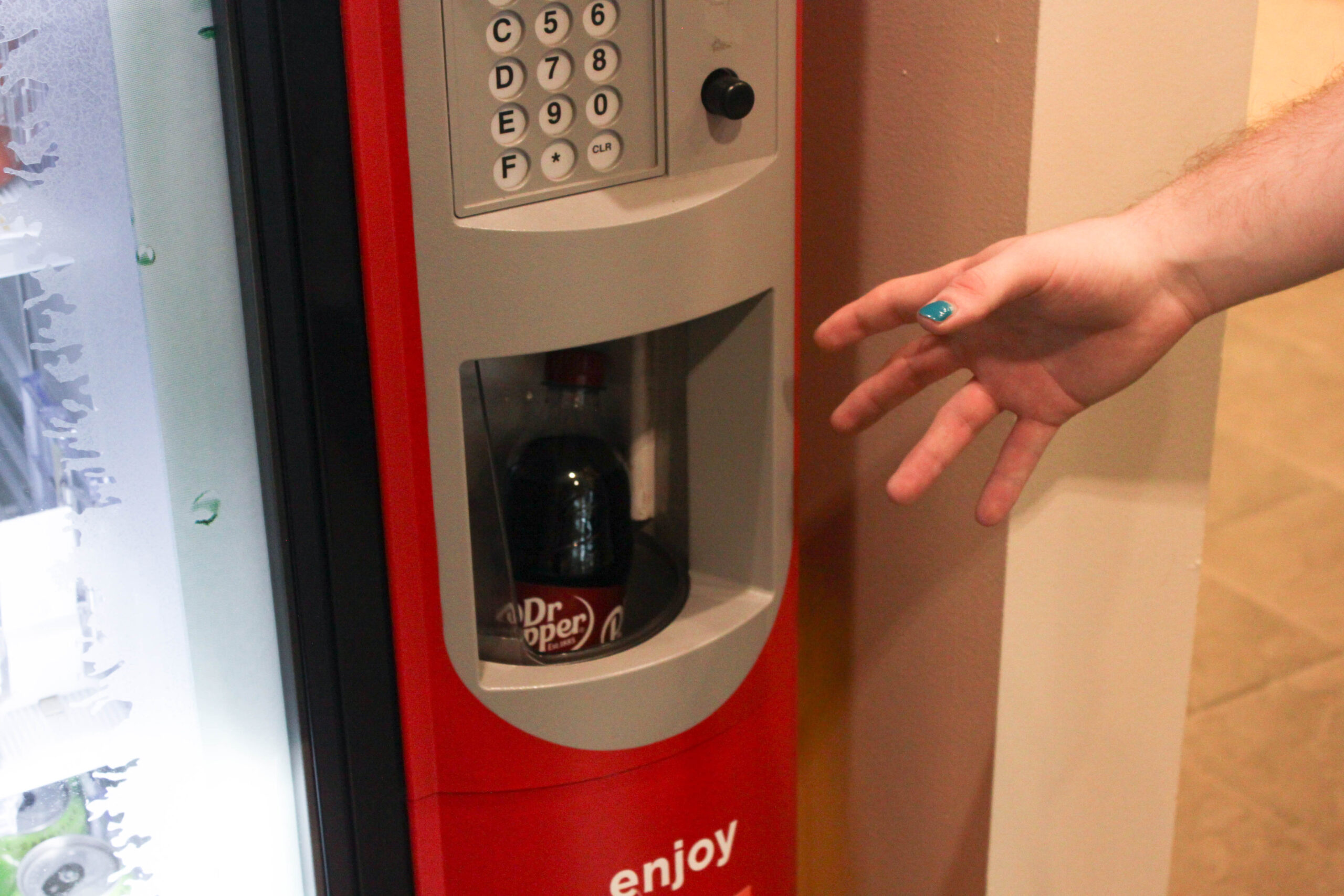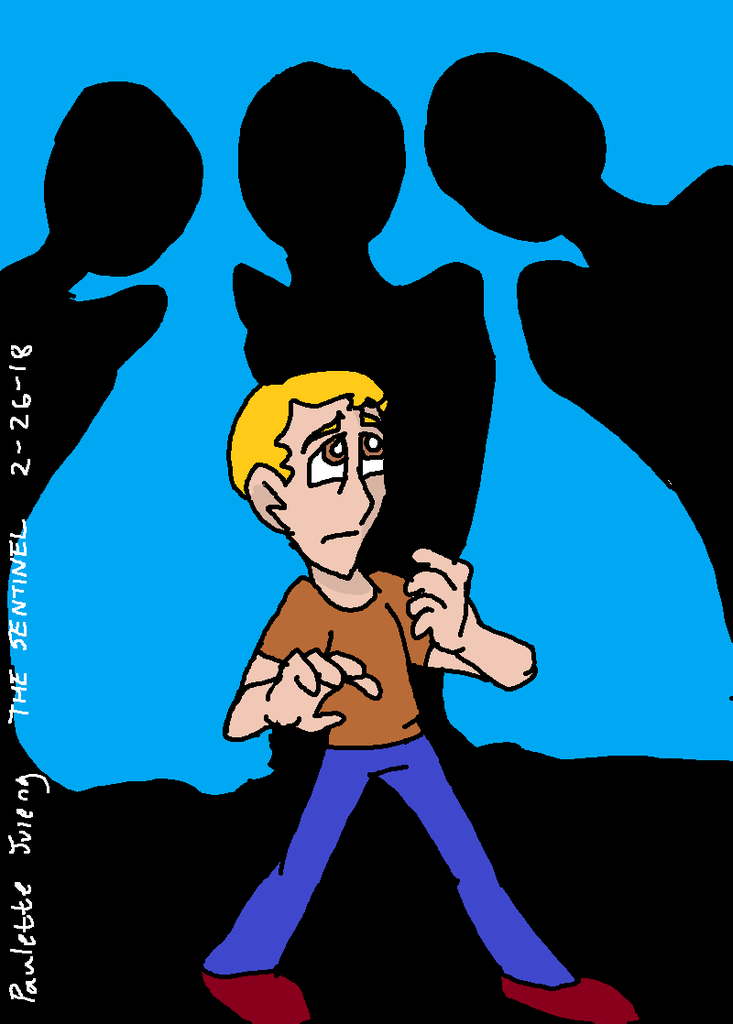It is no surprise to me that America’s education system needs some improvement. Specifically, I think we need to reevaluate the way that our misbehaving students are treated.
Most of us college students, including myself, are not too far removed from the public education system, and so we are familiar with its current disciplinary system. We have already begun recognizing the differences between the disciplinary systems in our high schools and in the university.
For example, students at my high school used to get in-school suspension for having their cellphones out in class. We were not allowed to leave campus during school hours, and we could not go to the restroom without a hall pass.
Now, Kennesaw State University can not force us to stay on campus or even come to the classes we pay for. Some professors even encourage us to use technology in class. Regardless of a particular professor’s stance on cellphones, he or she can not suspend us for having them in class. However, the university system is stricter than my high school when it comes to cheating and plagiarism. A student can immediately be expelled for academic dishonesty.
It is relieving for me to finally be part of an institution that treats me like a real adult, but my heart is still broken for the dysfunctional disciplinary systems in other public schools.
Recently, two school police officers in Baltimore, Maryland have been charged with the assault of a 16-year-old public school student. The two officers were caught on video. One of them was allegedly slapping, kicking, and yelling profanities at the student while the other officer watched.
According to ABC News, the officer in the video who kicked and slapped the student was charged with second-degree child abuse, second-degree assault and misconduct in office. The other officer who stood by was charged with second-degree assault and misconduct in office.
One officer’s attorney said these two officers believed the student was trespassing, and began questioning him before the altercation occurred. The officers turned themselves in after the video surfaced.
Jenny L. Egan makes an convicting statement on this recent event in her editorial that was published in the Baltimore Sun. “But the question we must ask is: What happens when there isn’t a video?” she said. “Unfortunately, we already know the answer — our kids are left unprotected from police violence.”
Egan also said in her editorial she believes that having police in public schools makes it more dangerous for students, and I disagree with her on that point. I believe discipline in schools is important for creating a productive learning environment, and the safety of students should be the top priority of public school administration and police.
School authorities should be revered and respected, school policies should be enforced for the safety of all students, but students should not have to fear that a campus police officer could hurt them. How can students focus on their work if they fear for their physical safety on campus grounds?
“Our purposes are all confused today — we discipline criminals and punish children,” writes Dr. J. Vernon McGee in his book, “Proverbs”, from his “Thru the Bible” series.
McGee was a pastor of the Open Door Church in Los Angeles for 21 years, had a couple theology degrees and used to produce a “Thru the Bible” radio broadcast. In “Proverbs” he writes about the wisdom he finds in the actual book of the Bible, Proverbs, which has a lot to say about parenting, discipline and punishment.
McGee said there is a fine line between punishment and discipline that our society needs to remember.
“We are told that lawbreakers are put in prison to discipline them and to reform them,” Mcgee wrote. He believes “that was never the purpose for dealing with criminals according to the Word of God. The purpose there was to judge them, punish them…On the other hand, when you are dealing with a son, you discipline him because that is part of his instruction.”
Instead of destructive policies and punishments, I believe our public schools need to look for a more constructive disciplinary strategy. Our students need to understand that there are consequences to disregarding their school’s policy; but in the end, they need to be instructed and uplifted. I believe this simple truth can transform our entire education system and create a better learning environment for our students.



